Achieve Your Career Aspirations: Crafting a Professional Development Plan That Works
Author: Joe Lewis Jackson

Starting a professional development plan arms you with a strategic framework to adeptly navigate the complexities of your career. This guide unpacks essential elements required to create a plan that aligns with and boosts your career aspirations. It provides a structured pathway for continuous professional growth, enabling you to tackle any challenges effectively. By adhering to this blueprint, you ensure sustained advancement in your skillset and opportunities. Ultimately, this approach serves as a catalyst for realizing your career goals and unlocking your full potential.
Importance of a Strategic Plan
A strategic professional development plan provides clarity, focuses your efforts, and measures progress toward your career goals. By setting a definitive course of action, you prevent stagnation and stay on track even when faced with challenges. This proactive approach ensures you're continuously advancing, keeping your skills sharp and your career prospects bright. Regularly updating your plan allows you to stay relevant in your field and seize opportunities as they arise.
Self-Assessment for Growth
To maximize career growth, engage in a thorough self-assessment to understand your unique strengths and areas needing enhancement. Solicit feedback from peers and mentors to gain diverse perspectives on your skills and workplace behaviors. Reflect on this input and identify key areas where you can improve. This reflection not only boosts your self-awareness but also equips you with a clear direction for personal development.
Sustaining Work-Life Harmony
Achieving and maintaining a healthy work-life balance is crucial for long-term career success and personal well-being. Prioritize your time effectively to ensure both career responsibilities and personal life receive the attention they deserve. Implementing firm boundaries between work and personal time helps prevent burnout and keeps you mentally and physically healthy, enabling you to perform at your best both professionally and personally.
Mastering Networking
Strategic networking is essential for opening career doors and accessing valuable insights from others within your field. Attend industry gatherings and participate in forums where you can connect with influencers and potential mentors. Build genuine relationships rather than merely exchanging business cards; these connections can offer support, advice, and opportunities. Ensure you also give back to your network by sharing knowledge and assistance.
Crafting SMART Goals
Utilize the SMART framework to establish clear and attainable career objectives. This methodology ensures that your goals are Specific, Measurable, Achievable, Relevant, and Time-bound. Setting SMART goals gives you a clear target to aim for, making it easier to allocate resources and time more effectively. Regular reviews of these goals keep your career trajectory focused and flexible to adjustments as your professional landscape evolves.
Choosing Career Milestones
Identify significant milestones specific to your industry to mark progress in your career. These benchmarks should serve as motivational checkpoints and indicators of your professional development. Select milestones that challenge you but are still achievable with dedicated effort. They will act as stepping stones in your career path, each one offering a moment to reflect, celebrate, and plan the next steps.
Adapting to Change
In a rapidly changing professional environment, adaptability is a key skill. Embrace new learning opportunities and remain open to change in your sector. This adaptability not only helps you stay competitive but also demonstrates your willingness to grow and learn, traits highly valued in any professional setting. By being flexible, you are better prepared to handle career shifts and take advantage of new opportunities that may arise.
Valuing Constructive Feedback
Establish a system for receiving and utilizing feedback effectively. This system should allow you to continually polish your skills and adjust your approaches based on constructive criticism. Engaging with feedback positively can accelerate your professional growth and improve your performance. It provides insights that you may overlook and helps you to remain aligned with your development goals.
Creating a professional development plan is an empowering process that demands thorough self-evaluation, strategic planning, and an unwavering commitment to personal and professional growth. By integrating these essential components into your plan, you are better positioned to navigate the complexities of your career path and achieve substantial success. Remember, this plan is not static; it evolves as you grow and as industry dynamics change, ensuring it remains a relevant guide throughout your career journey.
Empower your learning and contribute to educational equality—support and engage with transformative programs from Eureka Learners Foundation!
What's Your Reaction?

























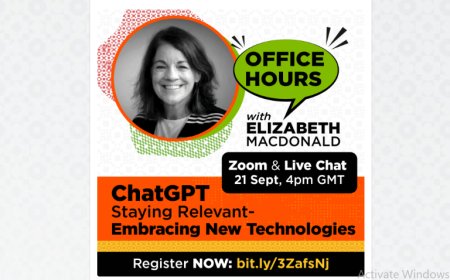

































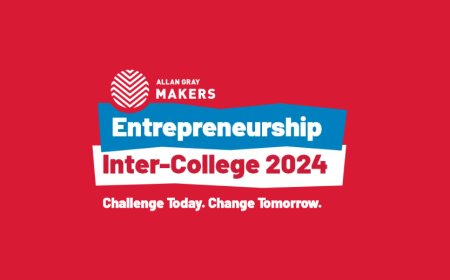


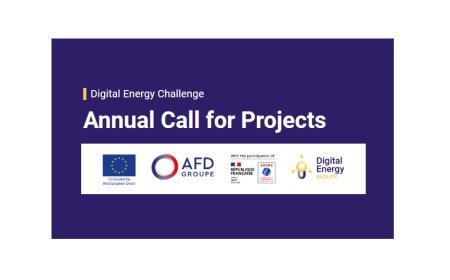













![Watch: The Butterfly Circus [Short Film] featuring Nick Vujicic](https://blog.elfglobal.org/uploads/images/202405/image_430x256_6654b9bc69c46.jpg)





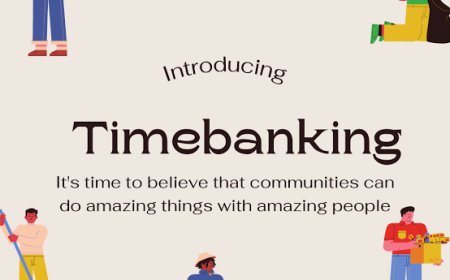
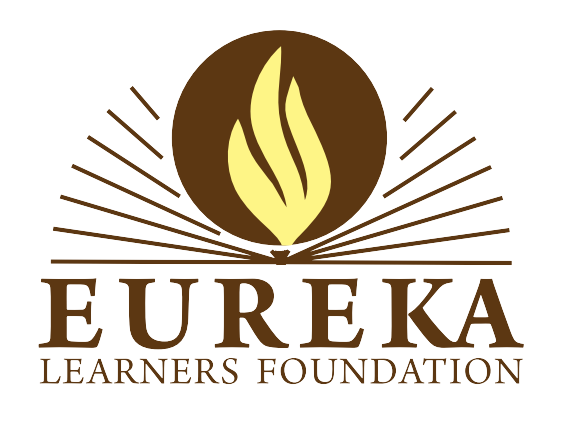

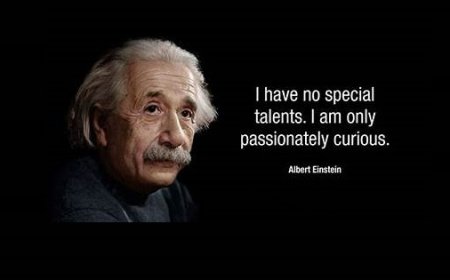


![Watch: The Butterfly Circus [Short Film] featuring Nick Vujicic](https://blog.elfglobal.org/uploads/images/202405/image_140x98_6654b9bc76b8e.jpg)





